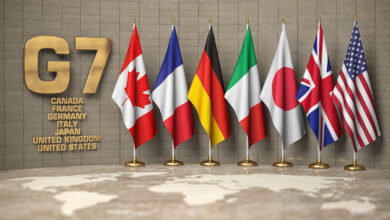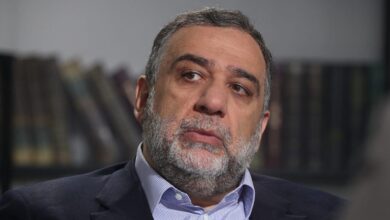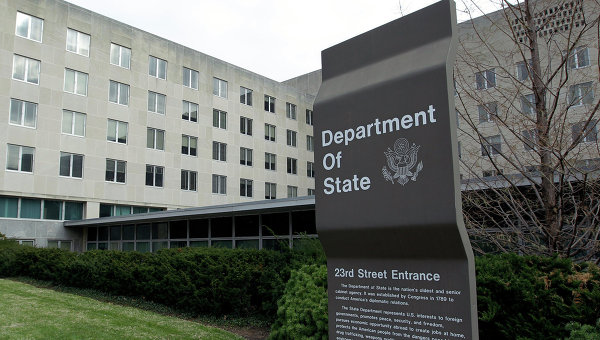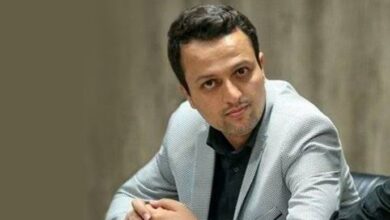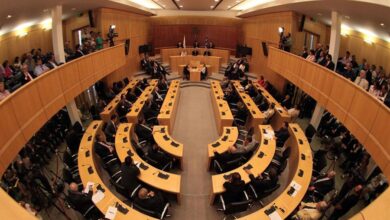
Some people who know about the Armenian Genocide 98 years ago ask, “What difference does it make? It was so long ago.”
The answer, says Harry Mazadoorian, is if you don’t recognize genocide, you only encourage it.
New Britain native, Harry Mazadoorian, active in Armenian causes, is a commercial arbitrator and mediator, and distinguished senior fellow at the Quinnipiac University School of Law Center on Dispute Resolution, Scott Whipple writes in a article published by The New Britain Herald.
On Saturday, April 20, he and other Armenians in the area will attend the 98th annual Armenian Genocide Commemoration at the Connecticut State Capitol.
Marc Mamigonian, director of academic affairs at the National Association for Armenian Studies and Research, will be the keynote speaker.
A ceremony on the capitol lawn to raise the Armenian flag over the state Capitol building will precede the commemoration.
Announcement of the event was made by state Rep. Christopher Wright, D-Bristol, chairman of this year’s Armenian Genocide Commemoration.
“I am very pleased that Marc will be joining our ceremony as keynote speaker,” Wright said. “He is a noted scholar and we look forward to his participation.”
In addition to the commemoration, there will be an Armenian Day Exhibit and Ceremony on Wednesday, April 24 in the North Lobby on the capitol building’s first floor.
During the period of the Genocide, between 1915 and 1923, more than 1.5 million people suffered and perished at the hand of the Turkish Government; 500,000. Others were driven into exile.
Mazadoorian says he lost three grandfathers during the Genocide and all his father’s siblings. His father’s father came to America in the 1890s, then tragically returned to Turkey where he was killed in 1915. Mazadoorian says many scholars believe that genocide was a premeditated program to exterminate an ethnic minority group on the eve of World War I. However, Turkey dismisses evidence about the atrocities and calls them simply “allegations.” Although France, Greece and Russia have officially recognized the Armenian Genocide, the Republic of Turkey denies that genocide was committed against the Armenians during World War I.
“The New York Times published over 100 stories from 1915 documenting genocide,” Mazadoorian says. “Ironically, the U.S. Congress refuses to take a position acknowledging genocide.”
Mazadoorian said this is because the U.S. relies on Turkey as an ally. However, in 1915 American political leaders gathered in support of Armenia; they included President Woodrow Wilson, former President Teddy Roosevelt, John D. Rockefeller and Paul Mellon. Nurse Clara Barton traveled with the American Red Cross to Turkey as a show of humanitarian support. Over the years this support dwindled in the face of political realities.
“There has never been an acknowledgment or an apology from Turkey,” Mazadoorian said, “and that leads to one of the greatest ironies. Recently, in Turkey there has been a critical mass of academics, journalists and humanitarians who have acknowledged that genocide happened. They want the government to end this charade and apologize.”
Still, the Turkish government continues to keep the Genocide out of the schools.
Mazadoorian would like President Obama to make good on his campaign promise to recognize the Armenian Genocide.
“Once Obama took office, he backed down,” Mazadoorian said. “He avoids the ‘G’ word.”
“As always, we invite everyone to join us on the 20th,” Wright said. “It’s time to remember the victims and celebrate the triumph of those who survived.”


